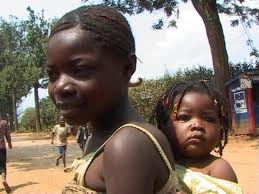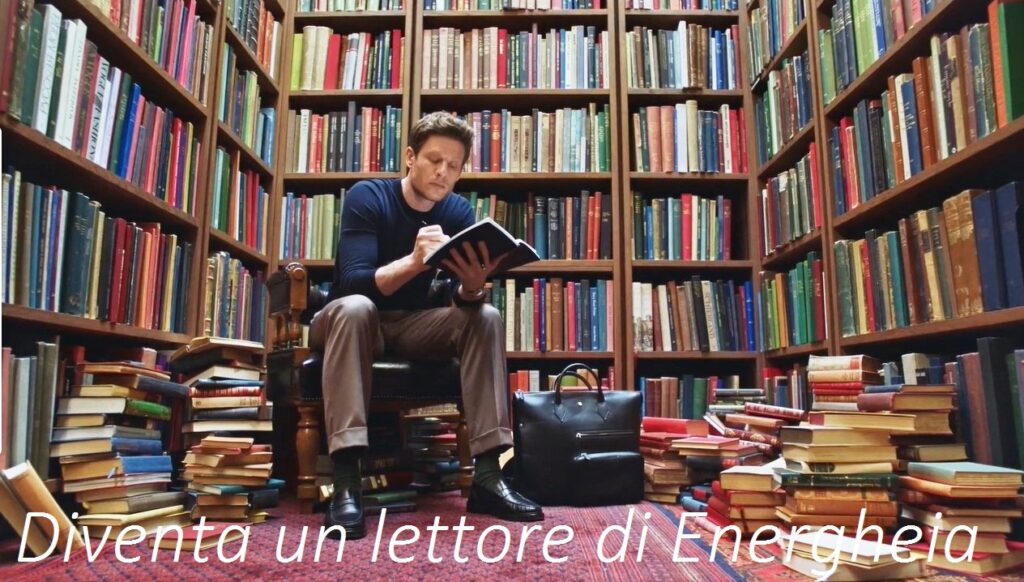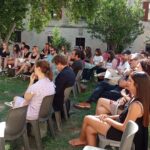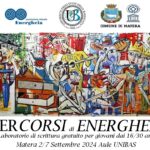A storm_Francis Mugo
On the way, my mother exclaimed, “Son take heart, we are about
to reach town”. I never said anything but reluctantly pulled the
home made handcart behind them. A mountain of belongings was
heaped up on deck and a huge tarpaulin stretched over it and tied
down. The cargo included chickens, a pair of goats and a numerous
bags with meagre food and clothing. I once more unbuttoned my
final button of my shirt to allow the breeze to cool my sweaty
body. My respiratory system was gasping for more oxygen and
after allowing a gulp of air sink in my lungs; I pulled the cart
harder to reach a group of frustrated women with their crying
babies. Indeed we were very tired and hungry after walking all the
night without food.
It was a long trek, about 45 miles from our village. Back at home we
did not have anything to eat. All our cattle had died except the two
goats we had to salvage. We seriously needed food. I remember my
mother’s lamentations that our sister was very sick and she was to die
if we did not get some food for her. She looked about in confusion
and when her eyes were opened and for the life of her, all she could
do was to stare. I recalled again the obscurement that was ahead of us.
Dad and my two little brothers, who were initially to accompany us,
laid hope on us that they were to reach us tomorrow.
Amiddle-aged man stood still chewing a cane. Sarah, a friend of
my mother gawked. She seemed to take him in just as completely,
she did so in a head to toe scan, her stare moved faster than the
leisurely perusal of a human being. “We must talk to him. He might
save us this agony”.
The landscape was desolate, dusty and incredibly dry. Local people
were not used to surviving in an arid surrounding but the two and a
half year drought wrecked us. The only words I recall from my
mother’s faded tone was, “We cannot cope any longer but we
believe in God”.
The following day, my father accompanied by neighbours and my
elder brother reached us. I could not avoid sparing a glance at a tired
old mzee, otherwise my father was always concerned about his
family. The small town we had made of a few stone houses
surrounded by mud huts. During the two days, the population of
marginalized reached to about 2000 people. Two big tents made up a
local hospital whereby in front of the first one, more than a hundred
women and children including my mother lined up waiting for
assistance. I remember a journalist asking the doctor how many
people had made it to hospital to be treated that day. “There is no
point of counting”, he said “we are just trying to do what we can for
them. At first I tried to count because that’s what I was trained to do,
but there are people everywhere, on beds, on the floor in between the
beds, on verandas outside, on chairs all complaining”. The second
tent was more scaring. It had very weak and emaciated children”.
I closed my eyes and said a prayer to God. Darkness fell before we
got assistance. We were all chilled to the bone by the time we got our
meagre food. Clutching my torn and tattered clothes to my cold body,
I was dragged for a while in vain witnessing a poor soul, which was
crying for help. “This crisis of individual and household nature had
rendered us as refugees who were volatile and unpredictable
migrating with their minimal personal properties”. On our way to this
asylum town, involved risks of physical abuses, killing and difficulty
in integration with the other community whose language tone almost
coincided with ours.
Life in the camp was strange. We got little share from what our
mothers prepared. Our fathers assisted in making temporary tents
with long dry poles. Emaciated children never had peace, nobody was
satisfied but hope and good will kept us alive.
This was a real epicentre of the new famine tragedy. This land was
dusty and incredibly dry. The medical people supplied some biscuits
and bread, but what was hateful to hear was an explanation by one of
them. “We cannot give them more, there is not much food left in our
stores. It has been six days now since the last lorry came with supplies
and only God himself knows when the next one will come”. The ration
declined randomly and for another time we were starving. Relief food
was not enough. I give credit to a white man who always put goggles
for his dedication in supplying clean water to the people. The streams
were dry and black rocks and cracked riverbeds lay as exhibits.
The animals dehydrated to death.
My father could not count the loss after losing his cattle to the
drought. I was more touched when a bull my uncle had given me
died. This was in regard to the custom that when a boy was initiated,
he received a bull from his uncle. I saw how cattle carcasses sprawled
on the dry grazing yards now infested by vultures. I cried desperately.
There are two incidents I recall which sounded as a reason behind our
migration. One is that 3 boys out of 4 who feasted on a carcass died.
The other one who had gone to fetch more firewood survived in a
mysterious way. The boy had eaten some meat when he fell down and
started craving for water. There was no water. His stomach ached
furiously and by how he behaved, it was evident that he was almost
dying. I was deeply amazed, which made me to empty my bladder in the
opposite direction when a strong touch caught my pipe and sipped my
urine. “Jesus! What are you doing?” by the time I finished saying it, the
two gulps were in his stomach. I believe up to date that my urine saved
his life. I can’t really tell but I am sure that a miracle just happened.
That day, women screamed and men ignited a ball of fire to mourn
the death of the 3 boys. An elder chief stood in a dead silence and
said: “We cannot cope with the situation any longer, we have to leave
this place, we have buried enough”. Cry, grief and contemplation
controlled.
The second incident involved weary and tired teenage girls. The
sexual abuse was prevalent. This was done to lure them in return for
food and clothing. Convincingly, this situation provided a breeding
ground for social vices.
If humanitarian concern over the plight of the children and refugees
was not extended to encompass education on pertinent issues such as
mass mobilisation for self-sufficiency in provision of basic needs, we
could all have died. Care for the disadvantaged should be there to
bring harmony. Now God is great because our land is full of millet
and sorghum. Last season, the harvest was bumper, we will stock our
stores and the rest will help the disadvantaged.






